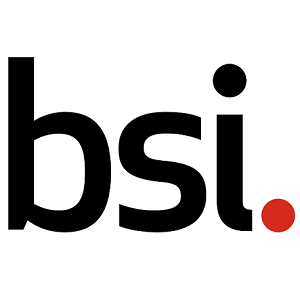This document sets requirements for sampling and treatment of the complex matrices in order to obtain a liquid dispersion with sufficiently high concentration of the nano-objects of interest.
This document provides guidelines for detection and identification of specific nano-objects in complex matrices, such as liquid environmental compartments, waste water and consumer products (e.g. food, cosmetics). This document requires for the identification a priori knowledge of the nature of the nanoobjects like their chemical composition. The selected detection and identification methods are based on a combination of size classification and chemical composition analysis. Identification can also be supported, e.g. by additional morphology characterization. Currently only Field Flow Fractionation, Electron Microscopy and single particle Inductively Coupled Plasma – Mass Spectrometry fulfil this combination condition.



